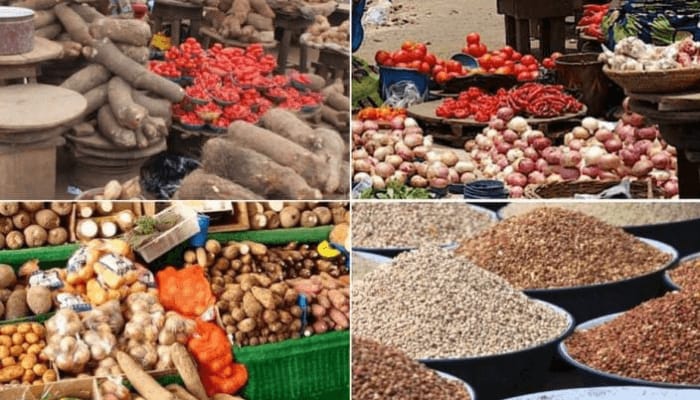Projections indicate that acute food insecurity is expected to intensify in scale and severity within 18 hunger “hotspots,” including Nigeria.
According to a recent report by the United Nations, there is a pressing need for aid to prevent famine in Gaza and Sudan, while also addressing the worsening hunger crises in Haiti, Mali, and South Sudan.
Furthermore, it pointed out that several hotspots are struggling with intensifying hunger crises, emphasizing the concerning compounding effect of simultaneous and overlapping shocks on acute food insecurity.
It stated, “Since the previous edition of the Hunger Hotspots report (October 2023), the Central African Republic, Lebanon, Mozambique, Myanmar, Nigeria, Sierra Leone, and Zambia have joined Burkina Faso, Ethiopia, Malawi, Somalia and Zimbabwe in the list of hunger hotspots, where acute food insecurity is likely to deteriorate further during the outlook period,” the report revealed..
The report also cautions about the ongoing impacts of El Niño and the looming threat of La Niña, which could result in severe climate events disrupting both lives and livelihoods.
It stressed that conflict, climate extremes, and economic shocks were consistently forcing susceptible households into food crises.
The report warned that 2023 could be the first year since 2010 to witness a drop in humanitarian funding compared to the previous year, although it remained the second-highest level of funding ever for humanitarian assistance.
“The daunting prospects highlighted in this report should serve as a wake-up call to all of us.
We need to spearhead the shift from responding to crises after they occur to more proactive anticipatory approaches, prevention and resilience building to help vulnerable communities cope with upcoming shocks.
“Acting ahead of crises can save lives, reduce food shortages and protect livelihoods at a much lower cost than a not timely humanitarian response,” FAO Director-General, QU Dongyu said.
Acute Food Insecurity May Hit Nigeria, Ethiopia, Malawi, Others – UN Report




